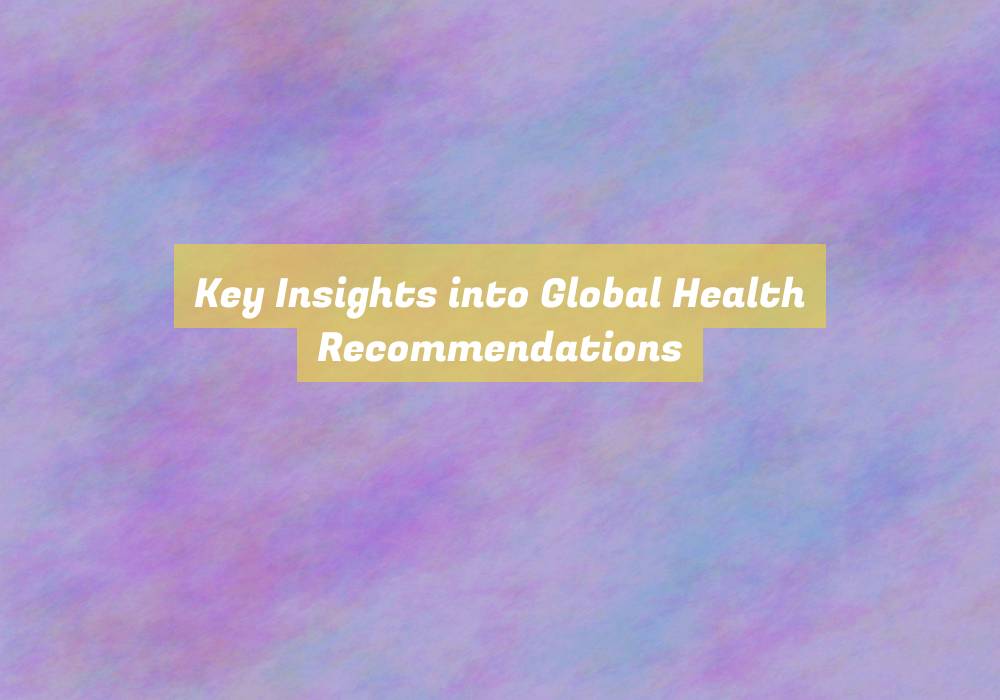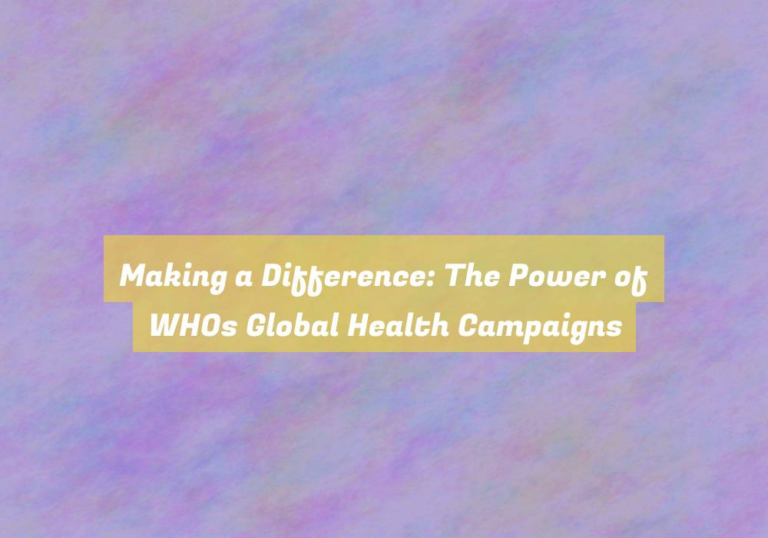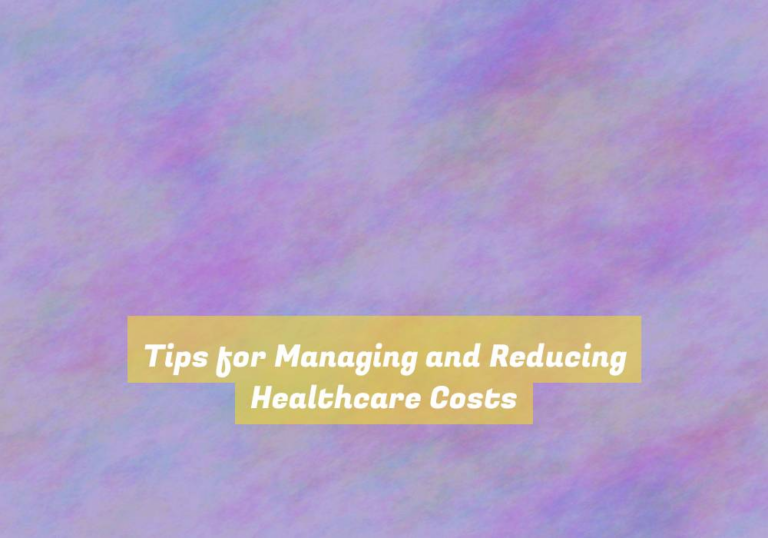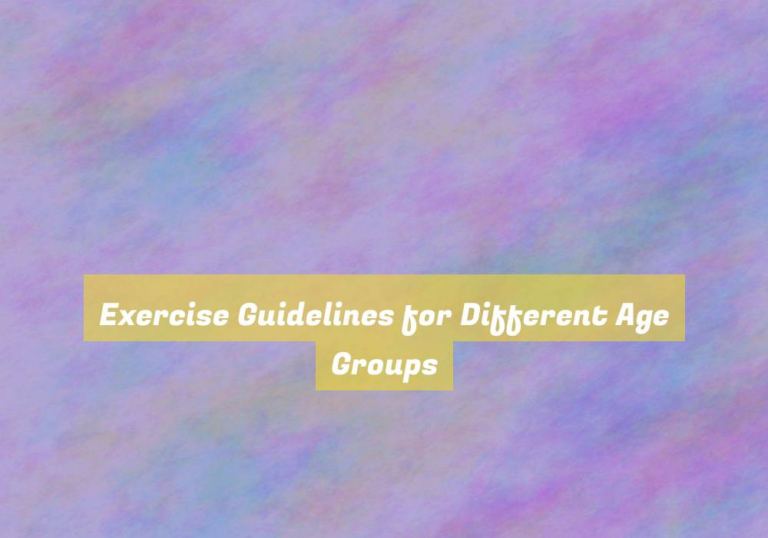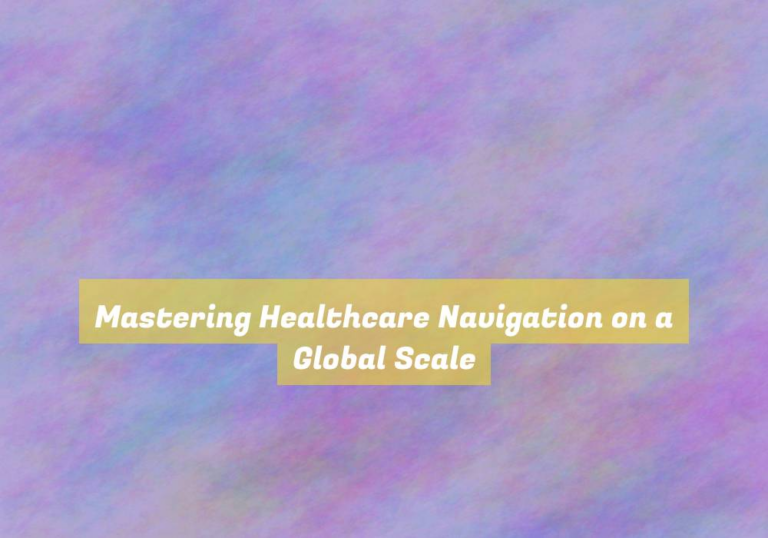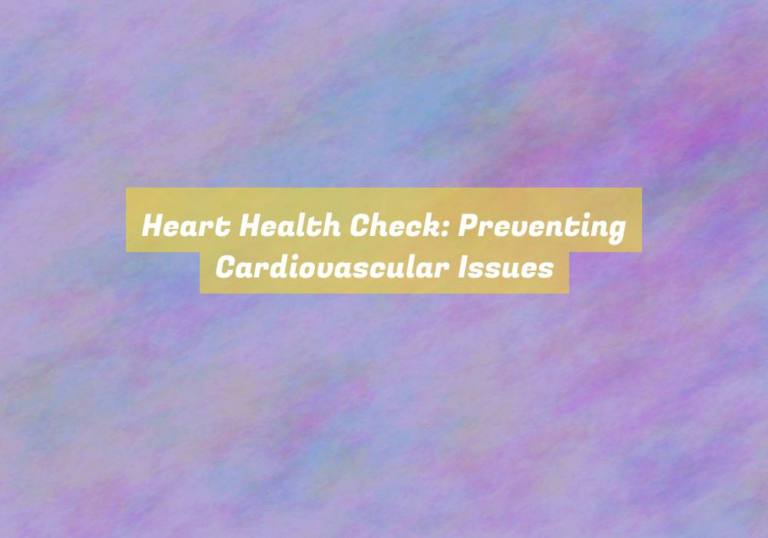Key Insights into Global Health Recommendations
As you navigate the complex landscape of global health, itG??s vital to consider the interconnected web of factors influencing healthcare recommendations. From the intricate dance of infectious diseases to the evolving strategies for disease prevention, the global health arena is constantly evolving.
However, amidst this complexity lies a series of key insights that shed light on the most effective approaches to ensuring the well-being of communities worldwide. These insights not only offer a glimpse into the challenges faced but also present opportunities for impactful change.
Understanding these key insights can provide a roadmap for navigating the intricacies of global health recommendations, ultimately shaping the future of healthcare on a global scale.
The Importance of Vaccination Initiatives
Ensuring widespread vaccination is crucial to protecting public health and preventing the spread of infectious diseases. By getting vaccinated, you not only safeguard your own health but also contribute to the overall immunity of your community. Vaccination initiatives play a vital role in eradicating life-threatening diseases such as polio, measles, and smallpox. These initiatives have been instrumental in reducing the global burden of these illnesses, saving countless lives in the process.
When you choose to participate in vaccination programs, youG??re actively supporting the efforts to create a safer and healthier world for everyone. Vaccines have been proven to be one of the most effective public health interventions, preventing millions of deaths each year. By being vaccinated, youG??re doing your part in breaking the chain of transmission and protecting those who may be more vulnerable to severe complications from certain diseases.
Furthermore, widespread vaccination has the potential to eliminate certain diseases altogether, as seen with the eradication of smallpox. Your decision to get vaccinated not only benefits you but also has far-reaching implications for global health. ItG??s a simple yet powerful way to contribute to the well-being of humanity.
Strategies for Disease Prevention
To effectively prevent diseases, itG??s essential to adopt a multi-faceted approach that includes vaccination, hygiene practices, and public health education.
Vaccination is a cornerstone of disease prevention, as it helps your body develop immunity to specific diseases, reducing the risk of infection and potential outbreaks. Ensuring that you and your community are up to date with recommended vaccines is crucial in safeguarding against preventable illnesses.
Additionally, practicing good hygiene, such as regular handwashing with soap and water, can significantly reduce the spread of infectious diseases. By incorporating simple habits into your daily routine, you can protect yourself and others from harmful pathogens.
Public health education plays a vital role in raising awareness about disease prevention and promoting healthy behaviors. Access to accurate information empowers you to make informed decisions about your health and encourages proactive measures to prevent the spread of diseases.
Embracing these strategies collectively strengthens our defenses against a wide range of illnesses, contributing to a healthier global community.
Advancements in Global Healthcare
Advancements in global healthcare have revolutionized medical treatments and technology, leading to improved patient outcomes and increased access to essential care. One of the most significant advancements is the use of telemedicine, which allows patients to consult with healthcare providers remotely, especially beneficial for those in remote or underserved areas.
Additionally, the development of personalized medicine, tailored to an individualG??s genetic makeup, has transformed the way various conditions are diagnosed and treated. This approach has led to more effective and targeted treatments, minimizing adverse effects and improving overall patient satisfaction.
Furthermore, the integration of artificial intelligence (AI) in healthcare has enhanced diagnostic capabilities and treatment planning. AI algorithms can analyze vast amounts of medical data to assist in early disease detection and provide personalized treatment recommendations. This not only improves patient care but also contributes to more efficient use of healthcare resources.
Moreover, advancements in medical devices and surgical techniques have made procedures safer, less invasive, and more effective. For instance, robotic-assisted surgeries offer greater precision, leading to quicker recovery times and reduced complications for patients.
These advancements collectively contribute to the ongoing improvement of global healthcare, ensuring better outcomes and increased accessibility for all.
Challenges and Opportunities in Global Health
Amidst the remarkable progress in global healthcare, itG??s crucial to acknowledge the pressing challenges and promising opportunities that shape the landscape of global health.
One of the foremost challenges is the persistence of health inequalities among different populations worldwide. Access to healthcare, quality of care, and health outcomes vary significantly between different regions and socioeconomic groups.
Additionally, the rise of antimicrobial resistance poses a significant threat to global health, making it increasingly difficult to treat common infectious diseases.
Moreover, the ongoing climate crisis presents a complex challenge, as it directly impacts the spread of infectious diseases, food security, and access to clean water.
However, amidst these challenges, there are promising opportunities for improving global health. The advancement of digital health technologies offers the potential to revolutionize healthcare delivery, especially in remote or underserved areas.
Furthermore, increased collaboration between governments, non-governmental organizations, and the private sector can lead to more effective and sustainable solutions.
Emphasizing preventive and primary care, as well as promoting healthy lifestyles, presents an opportunity to reduce the burden of non-communicable diseases.
Conclusion
Overall, global health recommendations emphasize the importance of vaccination initiatives, disease prevention strategies, and advancements in healthcare.
While there are certainly challenges to address, there are also numerous opportunities to improve the health and well-being of populations worldwide.
By staying informed and taking action, individuals and organizations can contribute to the ongoing efforts to promote better health outcomes for all.

